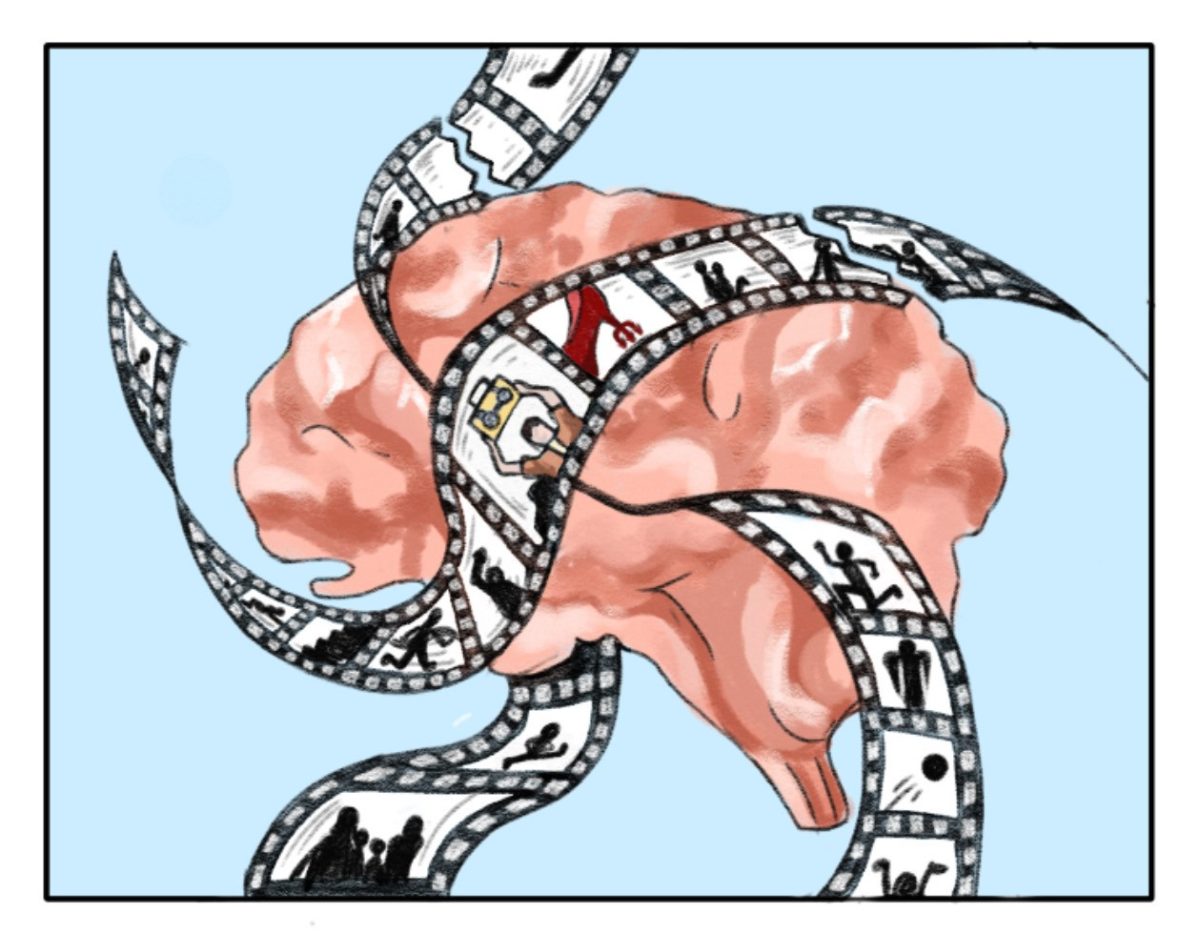By Annie Yang
With the new school year comes new changes—some popular, some not. One of the already controversial policy changes pertains to gym class. The new policy restricts the time frame in which students can make up a class because they were absent or unprepared. As opposed to having the luxury of being able to saunter into a gym class during any free period, students can now only make up gym during zero period, 7:00 a.m.-7:40 a.m. Students can also only make up classes in the first two weeks of the next quarter.
These changes arose in light of concerns over students skipping other classes to make up missed gyms, as well as overwhelmed coaches who try to manage student make-ups within their regular classes. The worry of not having enough athletic equipment to accommodate more students has been eliminated by the new change, which is a boon for both gym teachers and students in class who no longer need to vie for resources.
However, since make-ups are only available after the quarter ends, any student who was absent or unprepared for three classes will receive a failing grade on their report card. Even though the grade will be changed after the classes are made up, no one wants to see an “F” on their report card. This also creates problems for seniors who must send their first quarter report cards to colleges before they have the opportunity to make up the classes and change their grade.
Many feel that coming to school so early is a hassle, since buses are not available and sleep is so precious. On top of that, there’s enormous distaste for perspiring before classes even begin. Last but not least, before-school gym classes will interfere with extra help sessions before school, limiting options for student help.
One of the main arguments in favor of this decision is that exercising before school increases blood flow to the brain—which can be useful in stimulating typically groggy first-period minds.
Perhaps these unpleasant conditions will actually encourage attendance by making the consequences of repeatedly missing class undesirable. Better overall attendance may build rapport with gym teachers, something that is lost when students habitually cut class or come unprepared. Since this is only the first year the policy is being implemented, we will have to wait and see if the pros outweigh the cons and if students can reasonably accept the changes.
[polldaddy poll=7424757]












